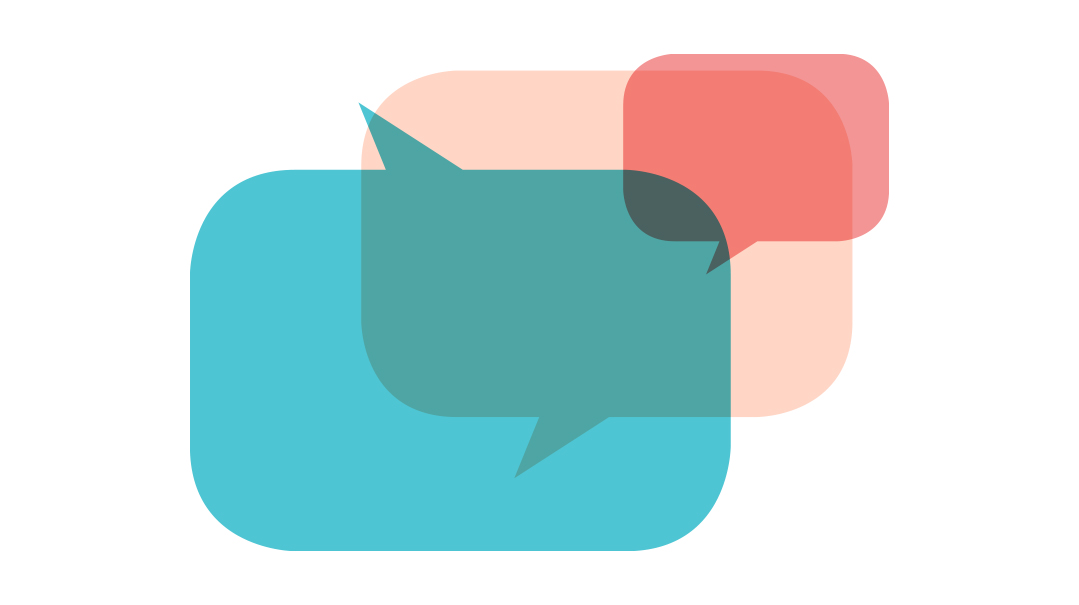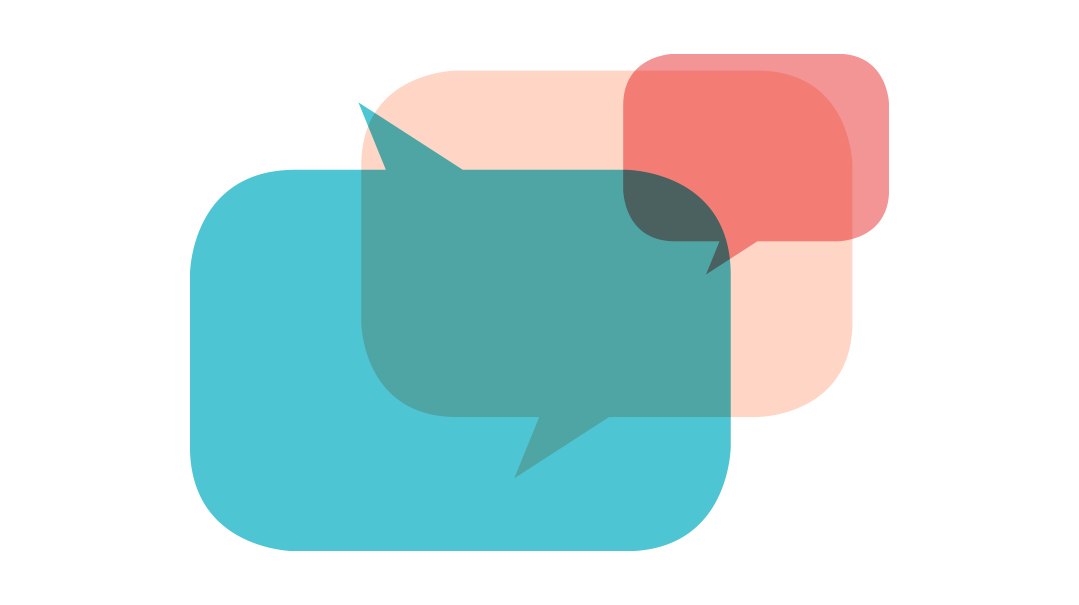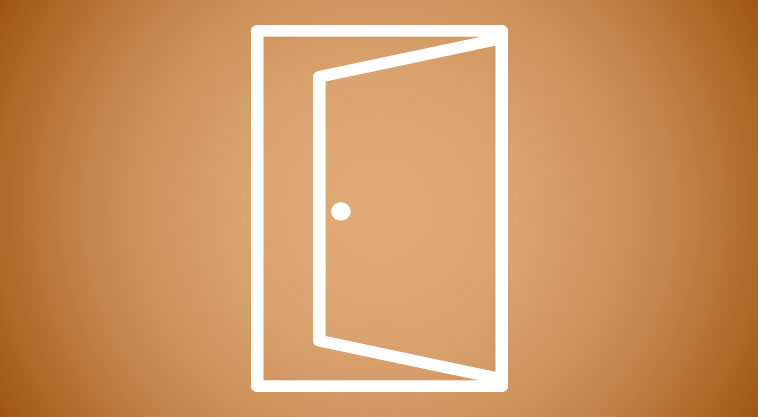Diabetes
| November 8, 2022On my way back to the dorm, I got the phone call: “Geveret, you have diabetes. You need to go to the hospital right now!”

I’d been looking forward to attending seminary in Israel for years, but I had no idea what would be in store for me. Almost immediately after my arrival, I began to experience constant headaches, nausea, and extreme tiredness or “heaviness.” But I was in seminary — little sleep, bad food — so I brushed it aside. As the weeks wore on, I had temporary blurry vision (the doctor told me it was nothing), unquenchable thirst (it was hot in Israel!), was going to the bathroom numerous times day and night (hey, I was drinking a lot of water!), and had lost a substantial amount of weight (I guess all the walking was paying off!).
At the end of November, my seminary took us on a trip to the South. We went on an intense hike, something I often did back at home, and about halfway through I was literally gasping for breath, unable to move. I needed my dorm counselor to push me through the last half of the trip. Then I began throwing up. It was clear that I could no longer ignore or justify all my symptoms, and I went to get some blood work done. On my way back to the dorm, I got the phone call: “Geveret, you have diabetes. You need to go to the hospital right now!”
When I got to the ER, I was told that my undiagnosed diabetes had led to me being in DKA (diabetic ketoacidosis), a potentially life-threatening situation. A few days later, my mom flew in to join me in the hospital, where we learned more about my new diagnosis.
Type 1 diabetes is a condition in which the body’s blood-glucose level is too high because the pancreas makes little or no insulin, the hormone that allows our bodies to break down and use sugar. All of the food we eat is eventually broken down into glucose, or sugar. Insulin essentially acts as a key to allow glucose into the cells for energy.Since my pancreas was no longer producing insulin, I’d need to administer it myself, which I would do using an insulin pump. When there's not enough insulin, there's too much glucose in the blood, leading to high blood sugar; if I give myself too much insulin, I can end up with low blood sugar.
What It's Like
I’ve found that most people don’t really understand what having diabetes is like. It’s more than just eating the right foods and taking insulin. I need to work to keep my blood-glucose levels in range — and it’s not always easy. Diabetes doesn’t go away because it’s at night and I’m tired, because it’s awkward, or because I’ve had a stressful day and just want a break. When my blood sugars are too high, I can get a massive headache, feel nauseous, or my body will feel like lead. For me, the worst part of being “high” is that I feel no motivation to do anything (this seems to always happen before a big deadline!).
Going “low” (when blood sugar levels drop) also has challenges. Since my body is seeking to raise its blood sugar, I’ll feel starving and want to eat everything in sight. I once heard that being low has similarities to being drunk: impaired motor skills, reflexes, and filters. Some members of my household love it when I go low for that reason (I can be pretty funny), others… not so much. I’ve worked on this a lot to the point that most people don't realize when I'm low.
People sometimes say diabetes is a full-time job. In a sense, that’s true: I always need to take into account how different types of food, exercise, hormones, stress, and more will affect my blood sugars. But on the flipside, having diabetes doesn’t consume me, keep me from holding down a job, or living an active life.
I like to visualize having diabetes like this: Imagine you are on hold on the phone. All day long, you have the phone attached to you, the music in the background. You go about your day as usual, but the phone’s always there, and you have to be ready to stop what you’re doing whenever the representative comes on the line. That’s diabetes, always hovering in the background, sometimes making its way to the front of the line.
To Tell or Not To Tell?
I won’t deny the embarrassing truth that one of the first thoughts I remember after being diagnosed (while still in the ER!) was about shidduchim: Maybe I shouldn’t tell people? Within the next few days though, I nixed that idea — I needed a support network of friends, family, and even teachers. Practically, how could I even keep such a big secret? I made the active decision to let people know about my diagnosis while I was still in the hospital.
Within a few days of diagnosis, virtually my entire seminary knew I had diabetes — and so did my entire out-of-town community, who knew that my mother had flown in to be with me. It felt as if the whole world knew. So much for my secrecy versus openness dilemma.
After seminary, I moved to New York, as many out-of-towners do. There, things started to change. Besides the friends I’d told previously, no one — not the people I went to for Shabbos meals, the new friends I was making, or my colleagues at work and school — had a clue about my diagnosis. As time passed, disclosing my condition started to feel more and more personal. Choosing whom to tell and whom not feels like the right, balanced approach to me.
The New Yaffa
Today, if you met me, you’d never know that I have diabetes unless I told you. Instead, you’ll find me trying to juggle school, work, life, like everyone else. I work hard, like most girls my age. But I work harder. You may find me hiking, enjoying long family road trips, or dancing like crazy at my friends’ weddings. I can do whatever you do, but it might take more effort or planning for me. You’ll find me eating ice cream, pizza, or a big Shabbos meal. I can eat whatever I want! But then you’ll see me playing around on my phone before I eat, and you’ll assume I’m texting. In reality, I’m giving myself insulin.
I never thought I would say this, but I wouldn’t want to go back to the old Yaffa. I’m currently known for my confidence, my blend of empathy and assertiveness. I now talk (complain? yell?) to Hashem literally all day long, both about the good and the bad. And the most beautiful friendships have come out of having diabetes.
As cliché as it sounds, I’ve gotten so much stronger since being diagnosed. I’ve learned that being strong doesn’t mean having physical strength or repressing emotions to remain stoic. It means facing all of my feelings head- on. It means continuing and pushing through hardship, it means thinking of others regardless of what’s going on in my life. It means having compassion for myself and other people. It means recognizing the good in everyone and everything, and being able to say, “Hashem! You are incredible! Thank You for...”
At this point, my diabetes management has become automatic and a natural part of my life. I’ve learned how to effectively deal with the “highs” and the “lows” and have become a diabetes guru. Everyone has something, and if this is mine, I’m good. Don’t get me wrong, I’d love a cure, but I’m really doing well — and to me this is a huge win.
Don’t say:
My grandmother has diabetes. Your grandma’s type 2 diabetes is completely different than type 1. It has different causes, is often treated differently, and can sometimes be reversed with proper diet, exercise and medication.
Can you eat that? Yes, as long as I give myself insulin, I can eat everything you can.
I never would have been able to inject/prick myself. Actually, if your life depended on it, like mine does, you would do it too.
Do Say:
Ask me questions. Everyone is different, but if I decided to share with you that I have diabetes, I truly love explaining and sharing, and I’m happy to answer your questions.
Wow. You’re really strong. I’ll probably awkwardly respond something, but it means so much when someone recognizes how hard I’ve worked.
(Originally featured in Family First, Issue 817)
Oops! We could not locate your form.




